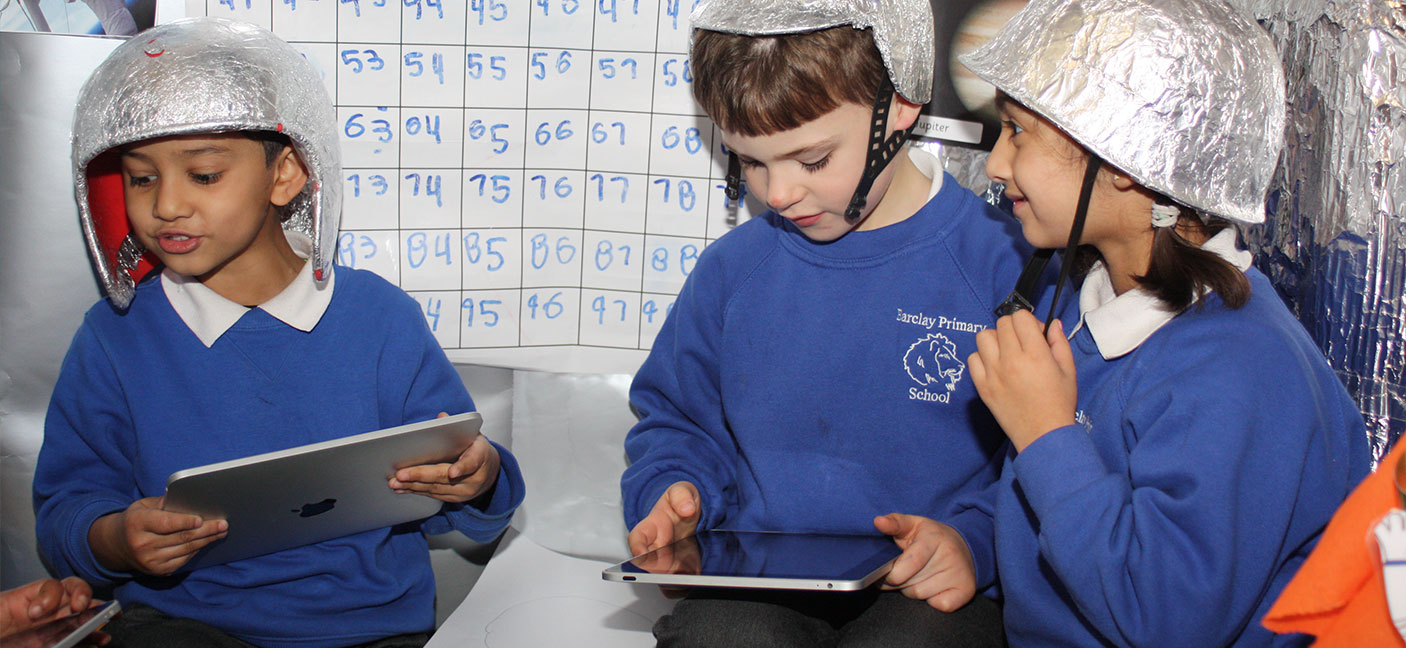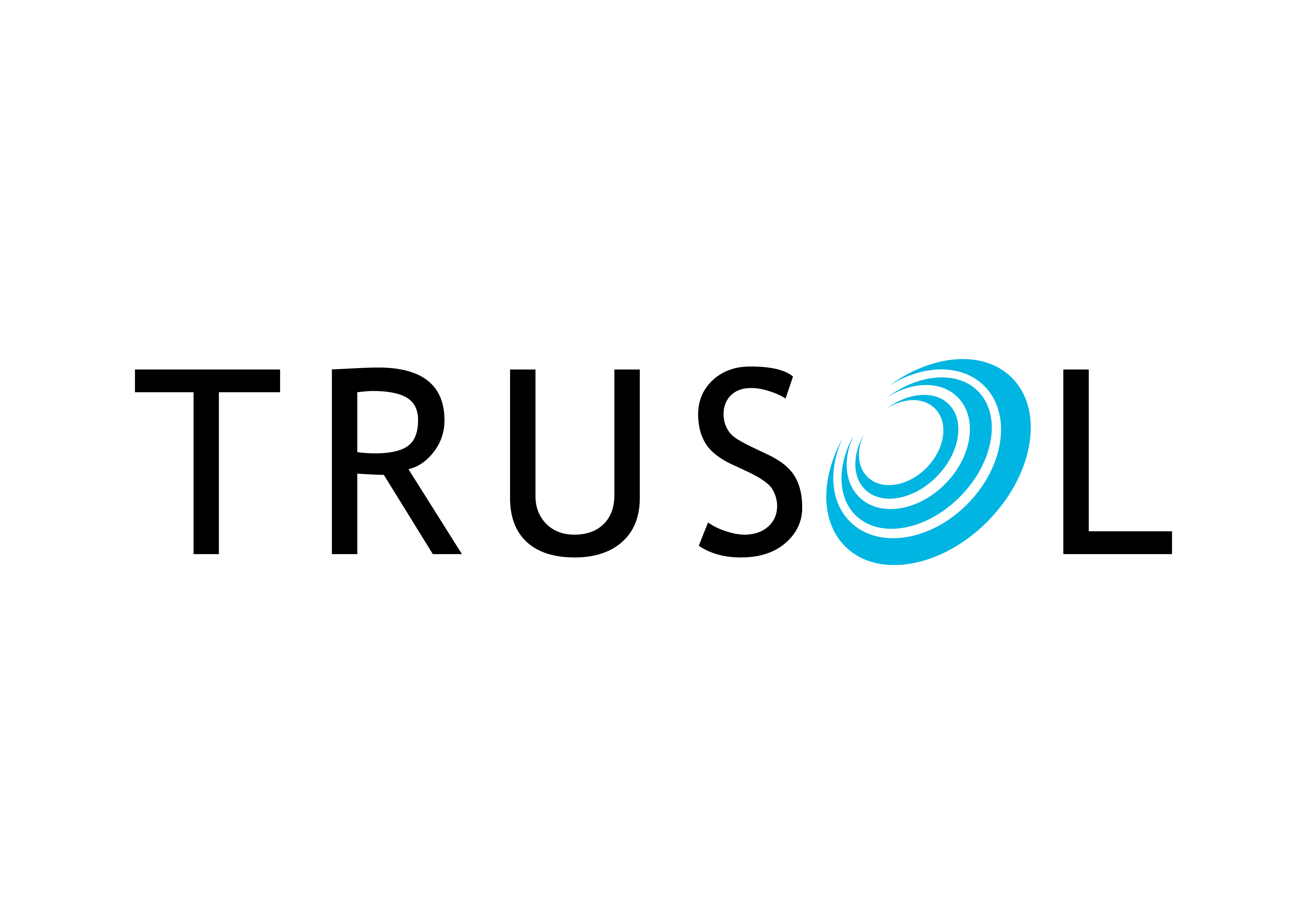
24 Mar eBooks & Education
Education is the medicine that cures ignorance, and the suggestion is that the best way to administer this medicine is in ‘tablet’ form.
That’s because it’s increasingly obvious that eBooks, iPads, Android tablets or Learnpads, (made specifically for classroom use); are now a significant and invaluable learning tool.
A recent study commissioned by the Tablets for Schools charity revealed that 70% of primary and secondary schools in the UK now use tablets in the classroom.
As the National Literacy Trust (NLT) has discovered, from their extensive research, the devices make a real and lasting impact on children’s ability to receive information, and to learn from it. The charitable organisation – whose mission is to increase UK literacy – annually tracks the nation’s reading abilities. Their 2012 report revealed that for the first time more students read on computers and electronic devises than the printed page.
Intrigued by these findings, the NLT followed up this report with their 2014/15 survey. Working in conjunction with RM Education, they developed an initiative to examine how literacy improved in schools that used tablets.
Forty schools took part in the programme, and the results were impressive!
It was discovered that using ebooks often had a huge impact on a pupil’s reading habits, along with their overall literacy. The study found that the more time a pupil spent with an ebook, the greater was their progress in reading ability.
Similarly, confidence in reading was also enhanced, with boys showing a significant increase in belief in their own abilities. The percentage of boys who felt reading was difficult almost halved from 28% to 15.9%.
Meanwhile, the most reluctant readers participating in the study saw their enjoyment rise from 49% to 64.2%.
The idea of curling up with a good book was also shown to become more socially acceptable, with a 27% increase of students agreeing that: “Reading is cool.”
Along the same lines, schools reported a 37% decrease in the number of pupils who couldn’t find anything interesting to read.
Discussing the study results, NLT Research Manager, Irene Picton, said: “The study clearly demonstrates the impact ebooks can have on reading enjoyment, particularly for boys, and what has been established goes well beyond the novelty of a new reading format.”
She added: “It is important to recognise the increased reading opportunities that technology offers for pupils, and how it can help children who struggle to read.”
The data suggests giving children access to books in digital format increases their reading abilities and enjoyment, whether at school or in the home. This means they are much more likely to succeed, excelling in all areas of education.
In years to come, initiatives similar to the one created for the NLT study will be crucial in advancing literacy and the love of learning.
Also, it’s important to note that more than 250 schools expressed an interest in participating in the NLT initiative. Unfortunately they were forced to drop out due to a lack of technological infrastructure, inadequate Wi-Fi networks and personnel complications.
This underlines the importance of school capabilities and infrastructure. Without the necessary resources, it will be increasingly difficult for schools to keep pace with the educational demands of a modern learning environment.
The NLT study on ebooks sheds light on what can be achieved, in even a short period of time, when the right technology is combined with traditional learning methods.
At Trusol we can provide you with a range of Learn Pads, tablets or iPads that will turn reluctant book browsers into ravenous readers.
If your school wants to develop a literacy program similar to the one in the NLT study, and you need information and assistance integrating technology, then feel free to contact us.

